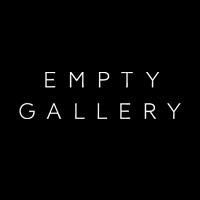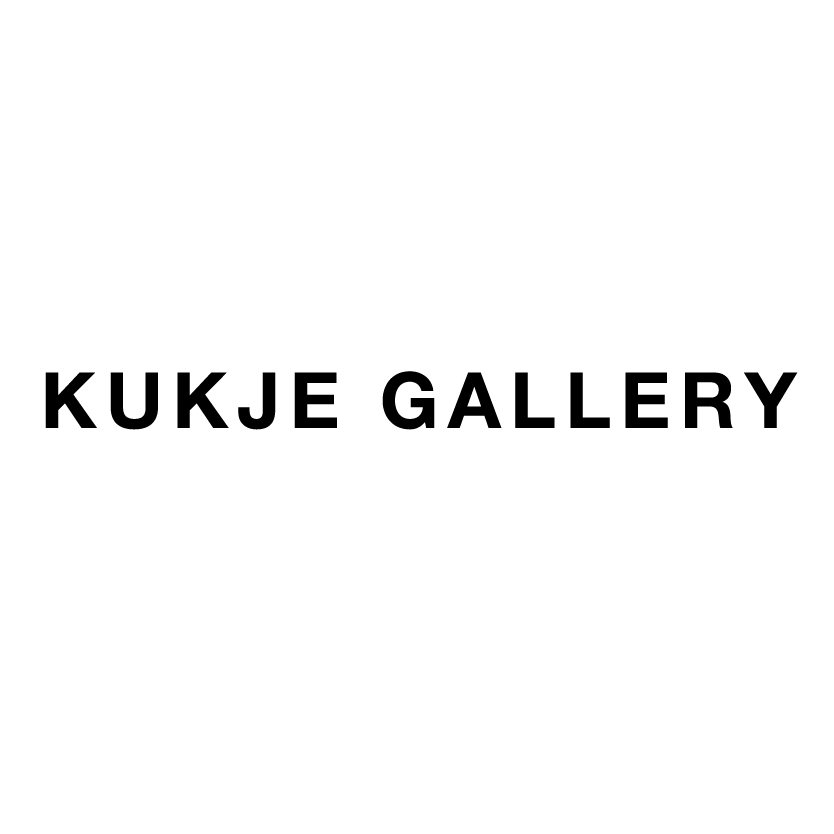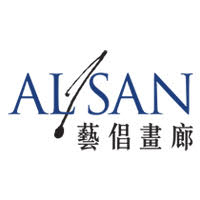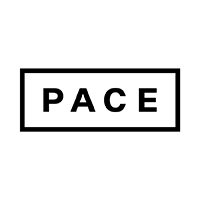West Bund 2013 Previews in Hong Kong
By Katherine Tong

Xinhua District, future site of West Bund 2013:
Last month, 100 days from its official opening, the curatorial team of West Bund 2013: A Biennial of Architecture and Contemporary Art, held a press conference in Hong Kong revealing its latest plans.
Due to open on October 19 in Shanghai’s Xuhui district, West Bund 2013 is an ambitious program that seeks to combine experimental architecture and art and is intended to serve as a springboard for the area’s revitalization. Yung Ho Chang, the biennial’s curator-in-chief, emphasized that this will not be “just another biennial,” but one that intervenes and integrates into the city, becoming a part of daily life.
During the event, which will take place over a span of nearly two months, a range of cultural activities will engage the citizens of Shanghai to “take part in the games along with the architects and artists,” said Li Xiangning, the architectural curator of the biennial and a professor of history, theory and criticism at Tongji University of Architecture and Urban Planning.
Showcasing major works by artists from the Greater China area, the biennial aims to be a retrospective of Chinese contemporary art. Outdoor and indoor pavilions situated along the Huangpu River, designed by prominent architects of both Chinese and Western origins, will create an exuberant public space. Sound and video installations, as well as experimental theatre performances, will all be housed under the giant dome of a now defunct cement plant. Its legacy will include brand a new archive and research center.
Despite an absence of firm details—names of participants, artists and architects—the biennial, if successful, could be seen to pose a healthy challenge to Hong Kong’s West Kowloon Cultural District Authority (WKCDA) which has expressed similar aspirations in its plans for the waterfront area. Unlike the WKCDA, the Xuhui district’s development committee has not sought the public’s opinion while forming its plans, and is welcoming prestigious contemporary art institutions such as Shanghai’s Long Museum and Jakarta’s Yuz Museum (which will unveil its new branch, the YuDeyao Museum) to take up residence on its premises.







